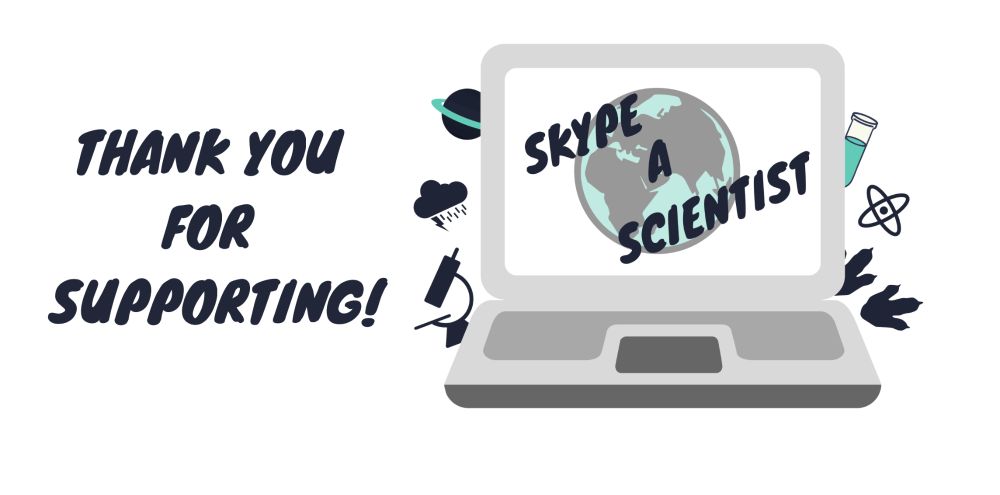
he/him
Black Lives Matter. In favor of DEI, justice, access, opportunity. Abolish ICE.
You can subscribe to the patreon updates for free though!

You can subscribe to the patreon updates for free though!
- 7 year old imprisoned by ICE for 70 days in a concentration camp in Texas.
Today, after @propublica.org published this story, the camp was raided to confiscate letters from the children.
www.propublica.org/article/ice-...



- 7 year old imprisoned by ICE for 70 days in a concentration camp in Texas.
Today, after @propublica.org published this story, the camp was raided to confiscate letters from the children.
www.propublica.org/article/ice-...


- 7 year old imprisoned by ICE for 70 days in a concentration camp in Texas.
Today, after @propublica.org published this story, the camp was raided to confiscate letters from the children.
www.propublica.org/article/ice-...
"It’s nothing short of terrifying," one scriptwriter said.

Just a supporting role but he filled it with such vulnerability, strength, and love in the face of adversity.
Just a supporting role but he filled it with such vulnerability, strength, and love in the face of adversity.
youtu.be/tgQ1PtkZvGU?...

youtu.be/tgQ1PtkZvGU?...
As I've spent the better part of the day explaining why I don't think Newsom should be the Democratic nominee for president, it pains me to "defend" this, but...
The governor of California is legally obligated to proclaim each Feb 6 Reagan Day per a 2010 state law.
![Senate Bill No. 944
CHAPTER 114
An act to amend Section 37222 of, to add Sections 37222.10, 37222.11, 37222.12, 37222.13, 37222.14, and 37222.16 to, and to repeal Section
37222.5 of, the Education Code, and to add Section 6723 to the Government Code, relating to Ronald Reagan Day.
[Approved by Governor July 19, 2010. Filed with Secretary of State July 19, 2010.]
LEGISLATIVE COUNSEL'S DIGEST
SB 944, Runner. Special significance days: Ronald Reagan Day.
Existing law designates specited days as having special signiticance, and specities how the days of special significance should be observed in public elementary and secondary schools and educational institutions.
This bill would repeal and recast these provisions.
This bill would express findings and declarations of the Legislature relating to Ronald Reagan. This bill would designate February 6 of each year as Ronald Reagan Day, and would encourage public schools and educational institutions to engage in exercises remembering the life of Ronald Reagan, as specified.
Existing law requires the Governor to proclaim various days in honor of
a person, status, or an event.
This bill would require the Governor to annually proclaim February 6 as
Ronald Reagan Day.
The people of the State of California do enact as follows:
SECTION 1. The Legislature finds and declares all of the following:
(a) Ronald Wilson Reagan was a man of humble background who worked throughout his life serving freedom and advancing the public good, having been employed as an entertainer, union leader, corporate spokesman, Governor of California, and President of the United States.
(b) Ronald Reagan served with honor and distinction for two terms as
tha 40th Drecidant aftha IInitad Statac af Amerina. the cerand afwhich ha](https://cdn.bsky.app/img/feed_thumbnail/plain/did:plc:hf7ezrajxadu7v3tzcyij424/bafkreibbklus6npiozvxyr5afsupe4imdchanct3wvydwu6l2s22lqlsfu@jpeg)
As I've spent the better part of the day explaining why I don't think Newsom should be the Democratic nominee for president, it pains me to "defend" this, but...
The governor of California is legally obligated to proclaim each Feb 6 Reagan Day per a 2010 state law.
While men, in the field they dominate, earn more, and behaviour they enable, just go on as if nothing has happened.
While men, in the field they dominate, earn more, and behaviour they enable, just go on as if nothing has happened.

I feel crazy at how everyone is acting like this is normal. These are concentration camps being built right before our eyes. These buildings are not meant to house human beings. People will be caged like cattle and die.
I feel crazy at how everyone is acting like this is normal. These are concentration camps being built right before our eyes. These buildings are not meant to house human beings. People will be caged like cattle and die.
#COVID #COVID19 #PublicHealth #InfectionPrevention #Olympics #LongCOVID #MaskUp #N95

#COVID #COVID19 #PublicHealth #InfectionPrevention #Olympics #LongCOVID #MaskUp #N95

Didn’t know much about Sabrina Carpenter. But do I love her now? Yes, with my whole heart.
Didn’t know much about Sabrina Carpenter. But do I love her now? Yes, with my whole heart.
I expected to it cause a ding, but in fact my newsletter open rate doubled. Being on substack actually makes it harder for people to see your message.
I expected to it cause a ding, but in fact my newsletter open rate doubled. Being on substack actually makes it harder for people to see your message.
Howard County chose dignity, accountability, and its people. Tune into our event now:
bit.ly/4a2VtHw
The librarians have had to list them as "in-library use only", I assume because otherwise people will keep them checked out.
So there is now a DnD club that meets at the library.
The librarians have had to list them as "in-library use only", I assume because otherwise people will keep them checked out.
So there is now a DnD club that meets at the library.




